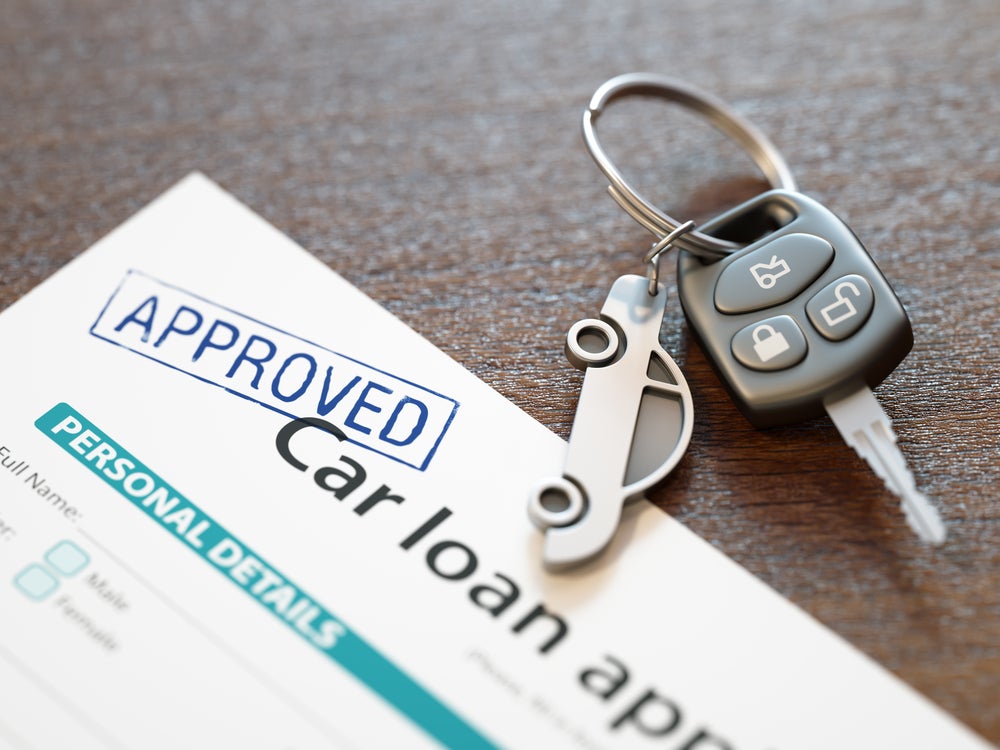
Cosigning isn’t a passive state. In fact, the decision carries as much weight for you as the principal borrower. If you’re on the fence about whether to help a friend by cosigning a loan, review the FAQs below to gain some clarity.
Will a cosigned account appear on my credit report?
Yes. As a cosigner, you are agreeing to use your positive credit to vouch for your friend’s debt. As a result, the account will appear on your credit reports. The credit bureaus will also place a hard inquiry in your credit file during the loan approval process. Although this change may cause a drop in your credit score, the damage is temporary.
Will cosigning affect my credit score?
It can, yes. In addition to a hard inquiry, cosigning a loan will affect your credit score by raising your credit utilization ratio, or the amount of debt owed vs. your total credit limit. For example, suppose you have $5,000 in credit card debt and a $30,000 limit. Your ratio is a healthy 16.7 percent. Now suppose a friend asks you to cosign a jewelry store purchase of $17,000. The store opens an account in your friend’s name with a $20,000 limit. After cosigning, your combined debt is $22,000 and your credit limit is $50,000. Your new credit utilization ratio is 44 percent. A higher ratio implies risk, a consequence that could lower your credit score. Although your friend promises to repay his debt, your creditworthiness is affected in the meantime.
Will cosigning affect my ability to apply for personal loans?
It’s possible. In addition to affecting your credit utilization ratio, lenders will also include your friend’s debt when calculating your personal debt-to-income ratio and balance-to-limit ratio, two factors that determine whether you’ll qualify for a mortgage, auto financing, and even consumer credit. According to Experian, “These ratios help lenders judge whether you have too many bills to pay. If the ratios are too high, your application might be denied or your interest rate increased—even when the primary borrower never misses a payment on the cosigned account.”
What happens if my friend doesn’t pay the loan?
The above factors are inevitable, but what happens if your friend fails to pay his loan? As a cosigner, you are responsible for the debt if your friend defaults. Consequences include:
- Calls from the creditor if your friend pays late
- Late fees, penalties and accruing interest that will increase the principal loan balance
- Short-term credit damage if the loan remains unpaid
- Legal action by the lender if your friend cannot or will not pay
- Lost income or wage garnishment
- Long-term credit damage, e.g., a collection citation, judgment, inability to secure new credit, etc.
The bottom line: Cosigning for a friend is a chivalrous act, but it isn’t financially wise. Consider helping in a different way. Offer moral support and talk to them about the value of credit repair in the face of new debt. Currency isn’t limited to cash. Help your friend gain knowledge and credit strength. The combination will allow them to move forward without a cosigner.
Questions about credit repair?
Chat with an expert: 1-800-255-0263






